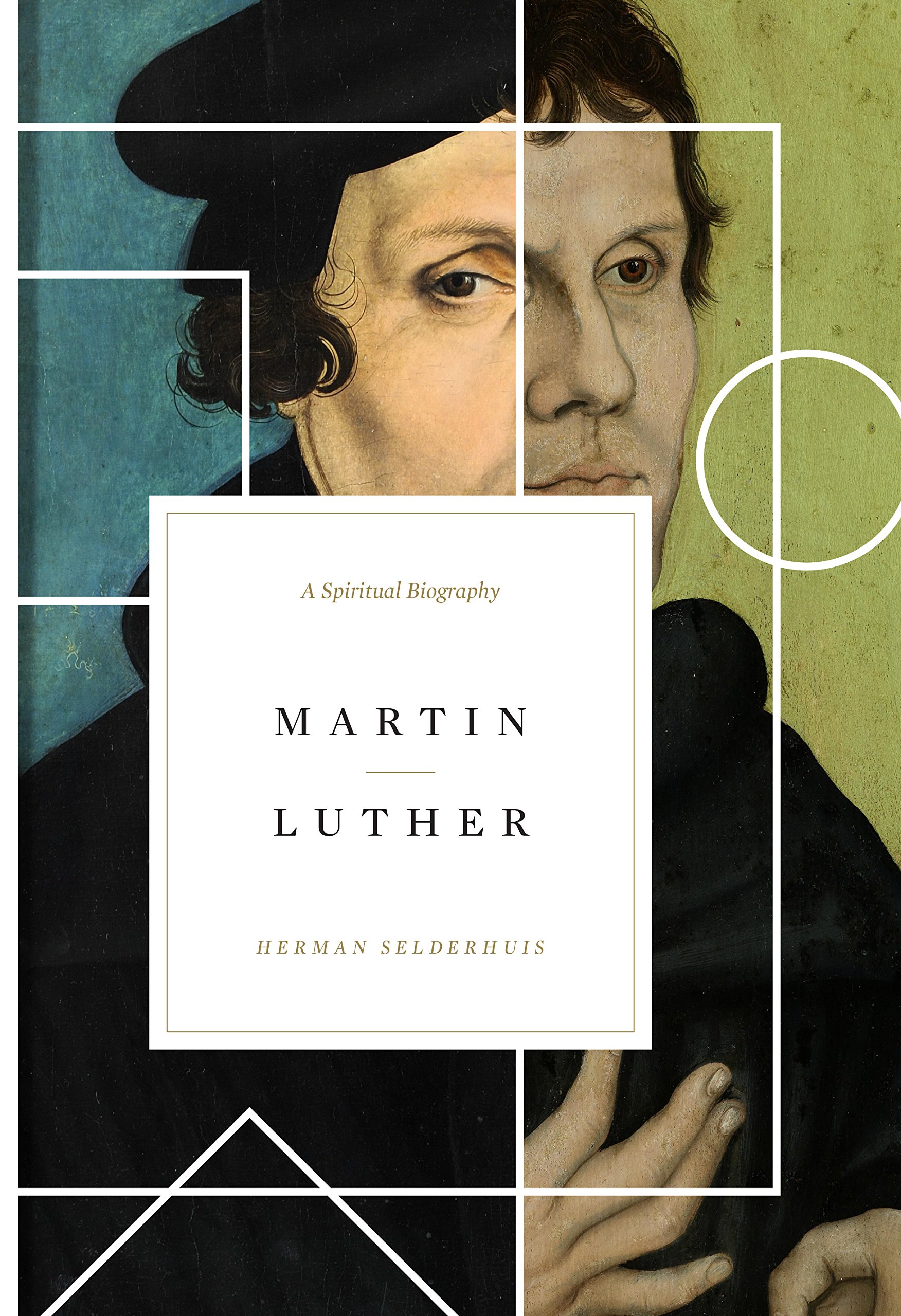Reviewed by Ian Clary
A temptation when writing a biography of a past hero is to present an unblemished yet not entirely truthful telling of a life. Though well-meaning, Christian biographers can sometimes present to readers a model for the Christian life that is both unrealistic and unattainable. An appropriate kind of biography takes care to maintain balance. It is this word balance that kept coming to mind as I read Herman Selderhuis’ excellent introduction to the life of Martin Luther. Balance in style, balance in use of sources, and balance in interpretation. It is this even-handedness that sets Selderhuis’ book apart from the many others published on Luther this anniversary year. Selderhuis does not take a unique interpretation of Luther so as to strive for a kind of feigned originality. Nor does he assume the role of the apologist. Far from being a hagiographer, Selderhuis begins his book with a simple statement: “Luther was a problem.” From there, readers are treated to a clear and engaging life of a very complex and interesting man.
Selderhuis, professor of church history at the Theological University Apeldoorn and director of Refo500, an international Reformation commemoration, is a widely respected authority on the Reformation. Alongside his academic work, he is the author of a likewise balanced and engaging biography of John Calvin. Though Martin Luther: A Spiritual Biography is an introduction to the life of Luther, its usefulness goes beyond the introductory. Selderhuis places Luther in his time, gets past various uncritical portrayals, and helps the reader come away feeling as though they had met the real man. Selderhuis’ expertise in Reformation history is evident as he sets Luther as a figure caught in the transition between the late middle ages and the Renaissance as he seeks to maintain order while society is crumbling. Where Selderhuis is especially helpful is the straightforward manner with which he sets aside many of the Luther myths presented both by critics and hero worshippers alike. For instance, Luther did not have a bad relationship with his father that accounted for his God complex, as twentieth-century psychoanalysts devised. Nor did Luther defiantly nail the 95 Theses against the castle church door in Wittenberg. Selderhuis presents Luther as he was, a fallible man concerned with maintaining the integrity of the gospel in the life of the church. It should be said that there is a sense at points that Selderhuis assumes some knowledge of the basic issues pertaining to Luther’s life. Some of the myth-dispelling is only obvious to those with a knowledge of the Luther of the hagiographers. This does not detract from the overall story, especially as myth-breaking is only one facet of it, but it also does not make Martin Luther displace more basic introductions like those of Roland Bainton or Martin Marty.
Selderhuis’ Luther is important as one who did not intend to start a world-wide movement of reform, causing gross division in the western church. Luther wanted to settle one issue in defense of catholic faith, not overturn the whole system. Luther’s commitment to the gospel is obvious, yet he was horrified at the thought of being excommunicated by a church that he loved and was seeking to protect. We see this in page after page of quotations from Luther detailing his fears of excommunication coupled with a resolute refusal to recant. Relatedly, Selderhuis’ use of primary sources is part of what makes this biography so good; there is no second-handing from later interpreters. While the bibliography is filled with excellent sources, the endnotes are notable for the consistent citations from Luther’s works, particularly his correspondence, translated from the original by Selderhuis himself. The story is told largely from the pen of Luther and his contemporaries. Selderhuis is not just an historian, however, but a theologian, and competently handles the range of theological issues that Luther faced. For instance, he works through the fine distinctions between two kinds of righteousness in Luther’s early understanding of justification by faith (111). He perhaps surprisingly shows that Luther was not initially against the sale of indulgences, just their abuse (118). Though theology is not the main focus, where it is treated, it is done so reliably. Coupled with his historical and theological abilities, Selderhuis also brings a pastoral eye to his subject. Luther was as concerned to be a faithful preacher in the city church as he was an astute theologian at Wittenberg University. Selderhuis carefully maintains this balance, without an undue focus on Luther’s role as reformer at the expense of his role as a pastor—indeed, the two are intimately related. Some might wish that Selderhuis had focused more on theology. For instance, there is no discussion of Luther’s late-medieval theological context or his relation to subsequent developments in Protestant thought. Such is not the purpose of this book, and nor should it be. The purpose is to give a fresh reading of the life of Luther based on primary text research. Selderhuis has succeeded amply in his stated aim, to give us the “dynamism” of Luther.
Ian Hugh Clary
Assistant Professor of Historical Theology
Colorado Christian University
